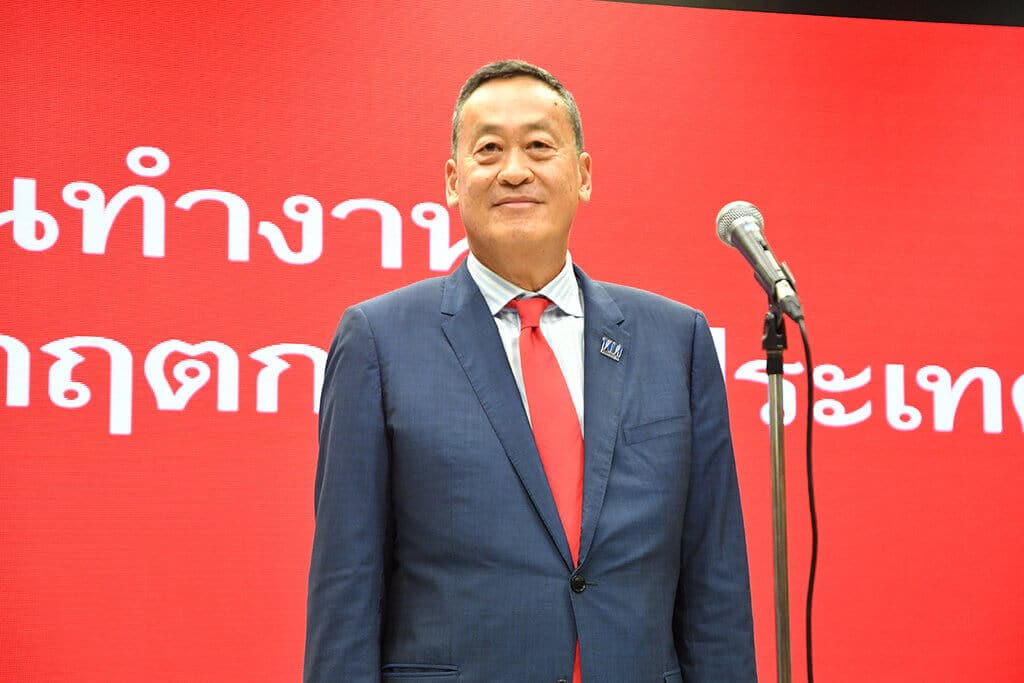Conflict of interest concerns
Prior to entering politics, Srettha held the position of president and CEO at Sansiri Plc, one of Thailand’s leading property developers. In an attempt to separate himself from his business interests, he transferred all of his 661 million shares in Sansiri to his daughter. Critics, however, are drawing comparisons to the case of former Prime Minister Thaksin Shinawatra. Thaksin was accused of using his position to benefit his telecom business through third-party shareholding, which ultimately led to his conviction and a five-year prison sentence.
Prinya Thaewanarumitkul, a law lecturer at Thammasat University, expressed concerns. He stated, “Transferring ownership of shares to his daughter is still the Thavisin family’s interest, and Srettha could face criticism.”
Alternative solutions and legislative scrutiny
Some suggest that instead of making drastic changes to existing laws, Thailand should consider simplifying the criteria for granting Thai citizenship to qualified foreign investors and skilled professionals, similar to policies in the United States and European countries. This approach could help more effectively address Thailand’s aging population and declining birth rates.
The policy might be debated in Parliament instead of being enacted as an emergency decree due to its potential unpopularity. A similar proposal by the previous government in 2022 faced strong opposition and was ultimately withdrawn, highlighting the challenge of gaining public support.
Impact on foreign investment
As the debate continues, the question of whether these policies will significantly impact foreign investment in Thailand’s property market remains. The proposed changes aim to make Thailand a more attractive destination for foreign property investors, but the potential conflict of interest and public opposition could pose significant hurdles.
Overall, the proposed policy changes reflect an effort to boost Thailand’s real estate market and attract foreign investment, but the road ahead may be fraught with challenges and controversy.







